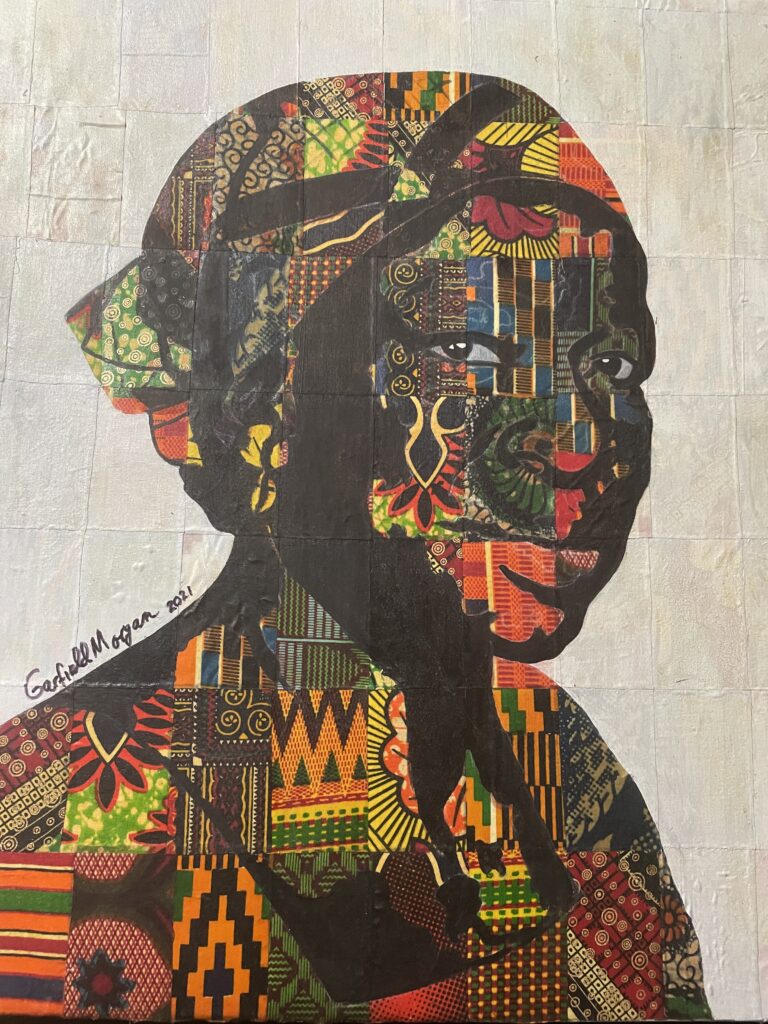Radicalism in the new West African military leaders

Presidential speeches are a special genre that some scholars hold in high esteem and every leader rated in that “subject”. As a result, much is not said about presidents who do not shine in the art of public speaking and rhetoric. Examples are the two former Burkinabè presidents, Rock Kaboré and Blaise Compaoré. A big void surrounds Rock Kaboré’s rhetorical skills. Some brand Compaoré as a man of action and few words. He sure is a man of action since he assassinated his closest friend and brother, Thomas Sankara, who was known for his mastery over the spoken word.
Many still remember Sankara’s historic speech of 29 July 1987 in Addis Ababa, “Debt cannot be repaid, first because if we don’t repay, lenders will not die. That is for sure. But if we repay, we are going to die. That is also for sure. Those who led us to indebtedness gambled as if in a casino. As long as they had gains, there was no debate. But now that they suffer losses, they demand repayment. And we talk about crisis. No, Mister President, they played, they lost, that’s the rule of the game, and life goes on…but to prevent us from being individually assassinated. If Burkina Faso stands alone in refusing to pay, I will not be here for the next conference!” That was a prophetic, revolutionary and anti-colonialist speech. He was assassinated some days after the speech.
Ahmed Sékou Touré of Guinea’s speeches could last three to five hours and were broadcast on major radio stations in West Africa, with a tone that moved from modest to high and ends in an incensed one. His “no” to General De Gaulle of France, when the latter proposed a neocolonial partisanship with Guinea made De Gaulle forget his cap.
Modibo Keïta of Mali was known for his leftist radical decisions and selfless acts. He did not speak so much but his positions and decisions spoke volumes. Like Sankara, Modibo Keïta knew that the imperialists would topple him, and they did that through Lieutenant Moussa Traoré in 1968. No one knows exactly where he is buried today. This former post office clerk, schooled up to primary six, lectured in university lecture theatres as a well read and fabulous orator at the peak of his rule in Guinea. Of course, the tragedy of the horrible violations of human rights in Camp Boiro – where his political opponents were tortured to death – are assigned to him by history. Others would redeem Touré and Nkrumah by saying that dictators are produced, by attempts on their lives, and their rule in power, especially when they have targets that they find to be of tremendous importance in the onward march of their nations. Nkrumah built Nsawam prison in Ghana initially for the detention of his political opponents and some are said to have died there. I am hedging here because I am still reading on the political history of Ghana.
At the international level, Barrack Obama made it to the pantheon of the most brilliant orators among the world leaders. Today Obama’s translated speeches are used in the admission tests of some of the best universities in France. Fidel Castro of Cuba was known for his lengthy, improvised talks that could last up to five hours.
Features of radicalism in the words of the recent crop of military rulers in West Africa
One thing that caught my attention is the surprising “presence” of Africa’s revolutionary anti-colonial leaders in the speeches and decisions of Colonel Goita of Mali, Colonel Doumbouya of Guinea and Lieutenant Colonel Damiba of Burkina. Sankara’s first UN Summit address in 1984, literally, hypnotized countless people, and the big shots or gurus of leftist politics were so overjoyed to have been blessed with such a young “good material”. Kim II Sung of North Korea was so delighted that he offered Sankara a semi-automatic pistol with ivory butt and that present was always with Sankara. In that speech, Sankara said, among other poignant things: “I speak on behalf of the child, the child of the poor man who is hungry and furtively eyes the wealth piled up in the rich man’s shop, a shop that is protected by a thick window…guarded by a policeman placed there by the father of another child because these are the guarantees of capitalistic representativeness…. I speak on behalf of the mothers of our poor countries who see their children dying of malaria and diarrhoea unaware that to save them, there are simple methods available but which the science of the multinationals does not offer them, preferring to invest in cosmetics laboratories and cosmetic surgery…”
A certain number of things betray the Sankarist ideas of Damiba’s speeches and statements; all his major communications end with “Patrie (our fatherland) or Death, we shall overcome!” the former motto of Burkina Faso, adopted by Sankara who borrowed it from Cuba; it was ultimately erased by Compaoré. Then in his first speech, Damiba said: “…radical armed forces, the integrity of the country…Our main goals are the give hope and assure better living conditions for the farmer whose harvest was poor last year, and the poor farmer whose cattle were stolen under his own eyes; women who struggle to feed households will be empowered under this regime”. This certainly resonates with Sankara’s first UN Summit Speech. Damiba says “I will bring to book all civil servants who were motivated by selfish interests”. While Sankara had this for his audience: “If you have embezzled money from the coffers of Upper Volta, you better start shivering because the revolution is right on you heels”. A statement close to the first ones of Jerry Rawlings in Ghana after one of his coups.
Rawlings and Sankara were like twins to many. The former further said “Woe unto him that stubs his own people” and resigned as minister for information before August 1983. Doumbouya is dubbed the Sankara of Guinea. As a young army officer, his leftist inclination lies in the rebaptism of the national airport of Conakry as Ahmed Sékou Touré International Airport. Doumbouya further embarks on a “re-founding of the state” and evokes popular historic leftist (relatively sometimes) coup leaders like Jerry Rawlings in Ghana and Thomas Sankara in Burkina.
Many analysts see Sankara in the Malian President Goita who seems to have chosen to live as martyr whose ideas will endure after he dies, since Goita has boldly taken enormous risks. He said “no” to France and made the fight against corruption and financial delinquency his priorities. He seems determined to continue with his mission, despite his numerous dangerous enemies. He is, therefore, compared with Thomas Sankara who stood his ground throughout. Malians are proud of their new president who restored the honour and dignity of their nation and booted out French imperialism and its allies.
Moussa Traoré is Associate Professor at the Department of English of the University of Cape Coast, Ghana.






